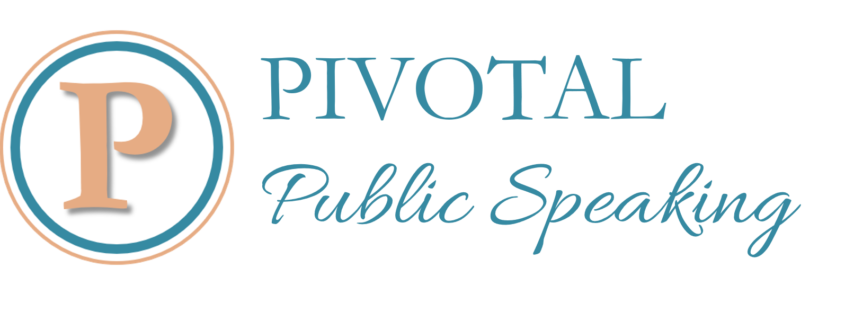“Words are, of course, the most powerful drug used by mankind.”
― Rudyard Kipling

Is it a drug you need to persuade people when you speak?
We spend a lot of our time speaking to persuade – persuade people to adopt our ideas, persuade them to buy our products or services, persuade them to employ our skills – sometimes just to pick up their towels from the bath room floor.
Is it a drug you need when you want to persuade?
We can drug ourselves into belief with the stories we tell ourselves.
Undoubtedly we can drug our audiences into belief just as well with the power of words.
We can create emotion with words. And emotion is one of the most powerful persuasion devices there is.
We can build a relationship with a audience to take them with us into the behaviour we want.
Let’s start with emotion.
You can attach emotion to an idea with words that will give it a positive energy or a negative energy or remove either of those.
Associate an idea with positive words and make it attractive. We would all rather a glass half full than a glass half empty. Generally we prefer something with the words “New and Improved” attached. Advertisers use adjectives that build the positives of their products – adjectives like more, increased, amazing, best, fastest, greatest. And I would far rather take up reading, if I were a child, if I knew it would give me a pleasant experience rather that because it would keep me out of mischief.
Reduce the negativities of an idea by using words that diminish that side. So we refer to “layoffs” rather than “downsizing”. We refer to “Intensive Interrogation techniques” rather than “torture” and refer to “used” Aston Martins as “pre-owned”.
On the other hand, associate certain words with a person or an idea and create a negativity around them. Adjectives again, like “infamous”, “malicious” and “stingy” all attach an emotional negativity.
These are powerful emotional drugs to use in persuasion.
Underlying this communication, though, are the word choices you can make that build your credibility for your audience and encourage their trust.
Perhaps the most important word you can use is “You”. Every audience member needs to feel that they are the centre of your attention and that meeting their needs is your prime objective. Focus on using the word “You” and you are forcibly reminded to turn your own thinking and your language that way.
Beyond this, though, the best words to use are “we”, “together” and “us” because they give the impression that you and your audience are of one mind, working towards the same outcome. Take them with you to that outcome. Speak to them, too, in their own language, avoiding words they might not understand and jargon that excludes them.
Validate them and their ideas whenever you can. Use words like “Thank you” and appreciate”.
We have talked already about the adjectives you can use for various reasons. Try to avoid adverbs. Use, instead, very evocative verbs.
Mark Twain again –
“The difference between the almost right word and the right word is really a large matter—’tis the difference between the lightning-bug and the lightning.”
What can you use instead of “said”, for example? “Whispered” or “screamed” will communicate far more useful emotion. This is so much more effective than “said quietly” or “said loudly”. It also uses fewer words. We often associate verbosity with someone who is trying to cover something. So to build trust, keep it simple and use simple powerful words.
Now, how to reword my requests about those bath towels??!!



